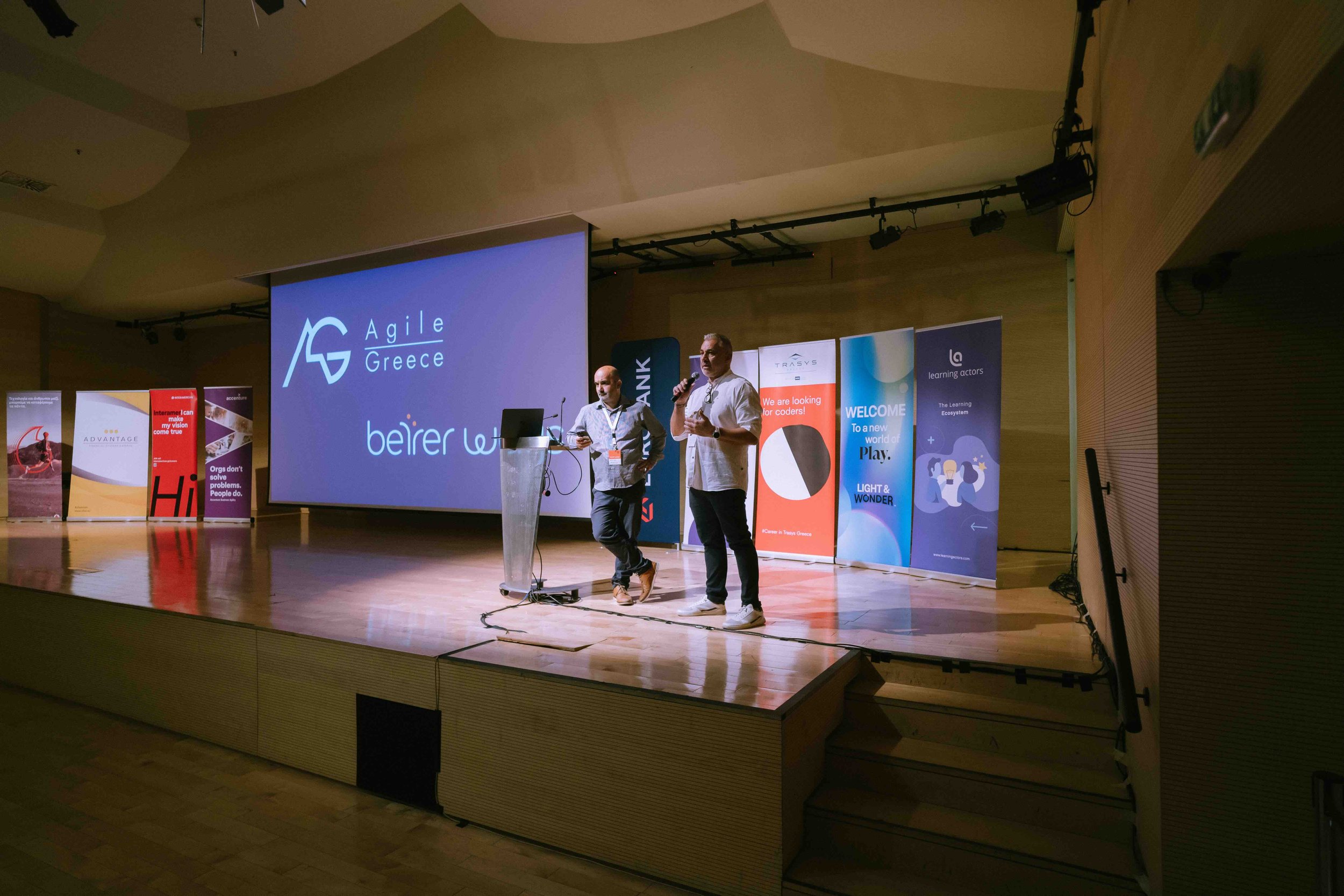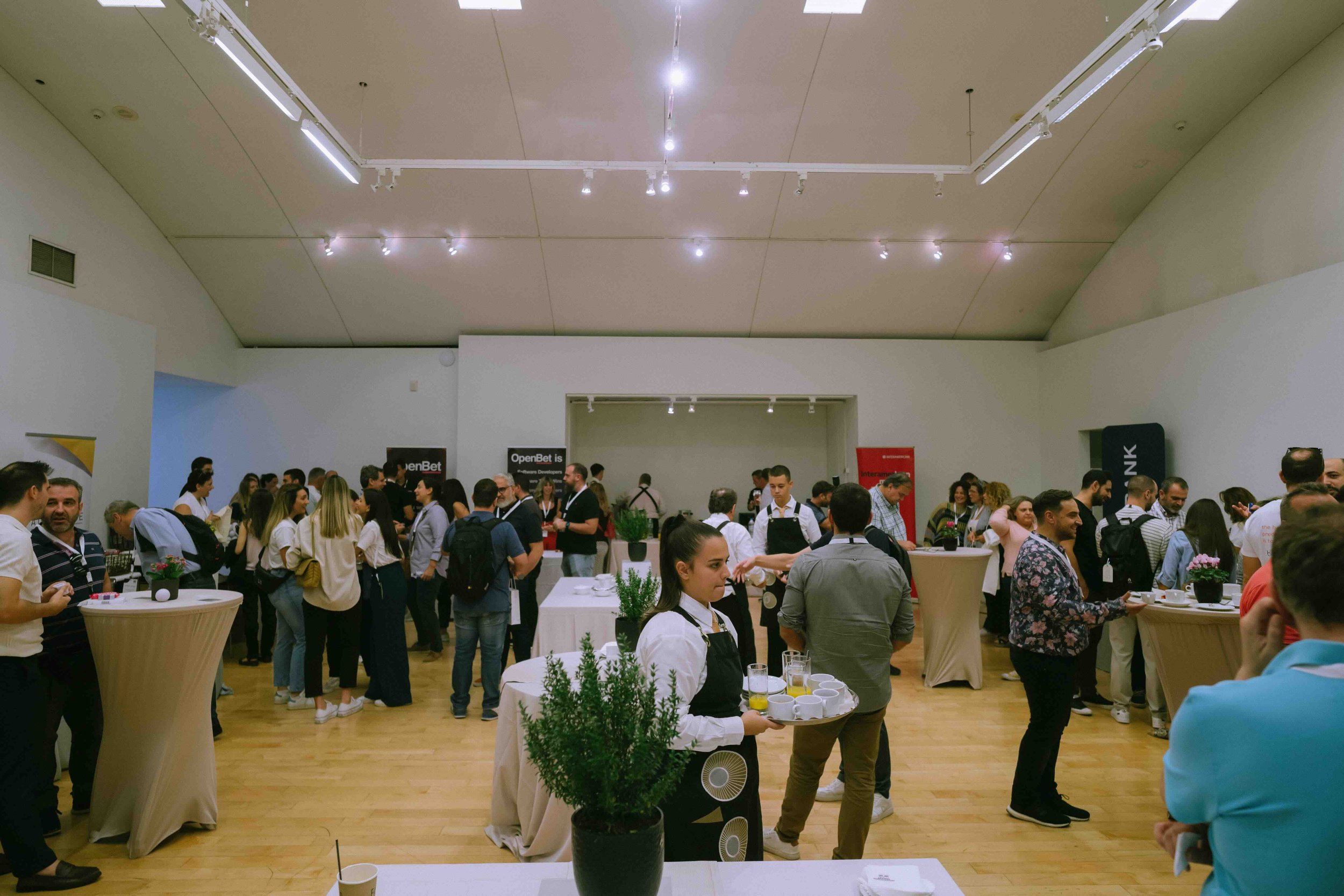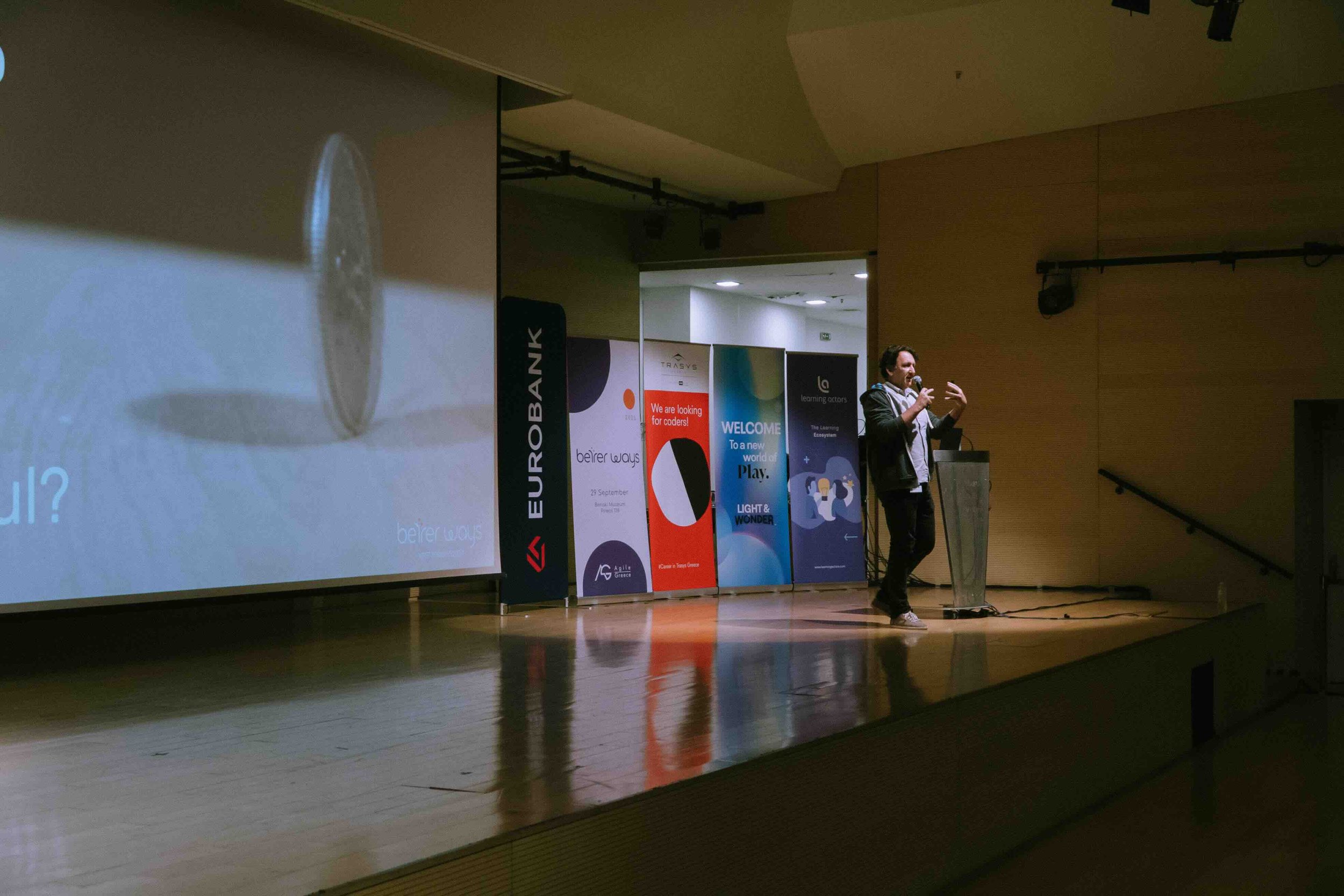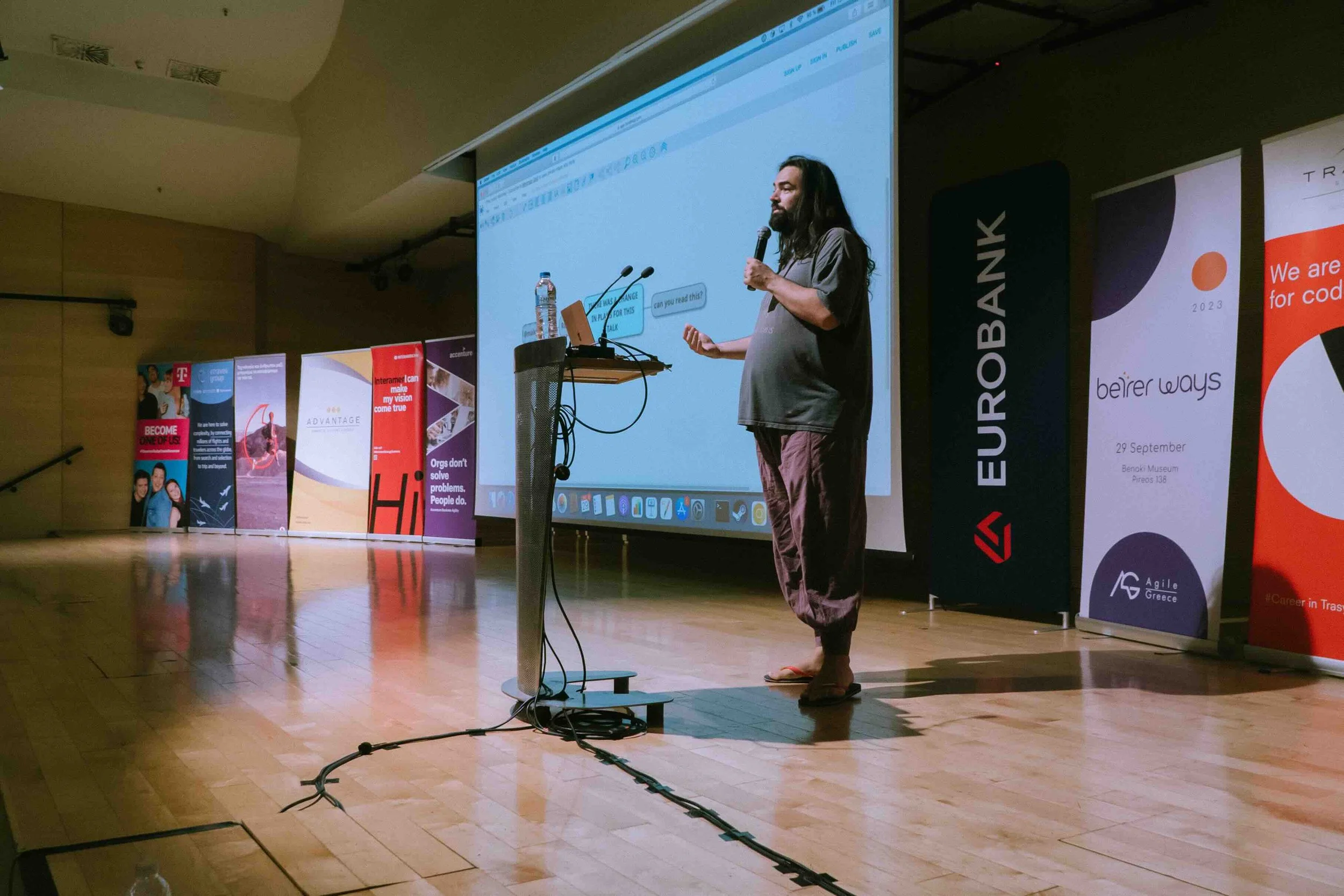

Over the past decade, many companies have made great strides in delivering software, and convincing their companies to turn to Product Management to get out of the Build Trap. But, so many of these companies get stuck putting these practices into place so that the entire business is working together to become product led. In this talk, Melissa will address the most common issues companies face once they convince them Product Management is important, and how you can tackle them.

Too often, software services are disconnected from the data they generate, and product teams often have difficulty in accessing and using their own data to improve product design. Moreover, while techniques like A/B testing are becoming more widespread in the industry, these techniques still leave a lot to be desired in terms of helping understand why users behave like they do. This talk will explore how data mesh architectures also provide benefits to data producers, and look at ways we can safely leverage our own data to design better products

Many organizations have migrated to the cloud, but the modernization journey is the next challenge. Companies must combine business goals with technology goals to maximize time to value and accelerate with the cloud. The value flywheel effect has just been published by IT Revolution, which is a playbook on how to make that journey.
Using experience from case studies in the book such as Liberty Mutual, BBC, A Cloud Guru and more, Dave will discuss the four phases of the Value Flywheel (finding Clarity of Purpose, creating a safe environment for challenge, Serverless First & Next Best Action and Long Term Value with the Well-Architected Framework) and how customers can use the Wardley Mapping technique to create an effective modern cloud strategy.
There will also be some real-life stories around serverless myths and pragmatic ways to ease the modernization journey.

Introduce your video with a short summary or excerpt viewers can preview. If you don’t add an excerpt, this field will automatically show the first three lines of the video’s description.

Every adoption of every practice runs in similar patterns of problems of fetichisation, dogmatism, mechanical application, silver bullets and nihilism.
Let's explore the common thread of those with a narrative on toothbrushing.

Early in my career, I worked on highly-productive Agile teams building software for big internet properties. Ten years (or so) later, I worked as principal systems architect for some of the same organizations. Everyone needed "digital transformation" to move away from legacy software (some I helped build). Which meant moving away from working as one feature-driven team to architecting across multiple product and platform teams.
On social media, I regularly see "agile is dead". "Agile didn't keep up with the times." Or other disparagements of agility. My experience has been the opposite. Teams without fundamental mental and social agility can't scale (effectively) as the architecture becomes more inter-relational.
In this talk, we'll explore the key patterns and principles that maintain cohesion, communication and conceptual integrity as software scales to systems of software. And how the skills Agile taught me have scaled to integral skills for architects.

Even before the first generated articles and images were released onto our newsfeeds, the question of how to build trust in the age of AI was already a significant challenge.
Flash forward to today with our large language models (LLMs) and image generators, and the challenge of building trust is quickly becoming a crisis of widespread mistrust. AI has opened up numerous opportunities for growth and efficiency, but if not implemented responsibly, it can be catastrophic for a company. Thankfully, there is a way to not only responsibly use AI, but also to use AI to develop long-term customer trust and loyalty.
Join Olivia Gambelin, a renowned expert in AI Ethics, in conversation on how to pursue ethical and profitable AI use cases through a new form of AI innovation that focuses on human well-being and values.

The Orpheus Chamber Orchestra has recorded 71 albums, won three Grammy awards, toured 46 countries and performed for 50 years – and it’s done it all without a conductor. Does it hold the secret to a leaderless future? And does that mean the music is about to stop for the CEO?
Louis Hanzlik, trumpeter of Orpheus and professor at the University of Connecticut, will talk about how Orpheus, a democratically-mindful community of musicians, offers a sustained and thriving example of what is possible for all of us—individually and collectively—when leadership is inclusive rather than exclusive, when team roles are purpose-driven rather than status-driven and rotating rather than fixed, and where everyone is responsible to each other and for the outcome of their collective efforts.
The Orpheus model is a way of being. The potential application for all of us is worthy of our attention as it shows an approach to creating and leadership that prioritizes empowerment, mutual respect, trust, and the expertise of all.

AI in Software Engineering: The end of a world as we know it? Or not?
With all the buzz around ChatGPT, its emergent behavior of being able to write code and the latest announcements from GitHub Copilot X we couldn’t but wonder what will be the impact of AI-powered tools on the profession of Software Engineering which up until now seemed to be immune to existential threats. In this session we will attempt to answer the question: “How likely is it for software engineers to lose their jobs in the future?”. Or better, “Are we close to a Doom’s day for software engineers?”. In this session Yiannis will elaborate on the following aspects:
- What is the promise of AI-assisted software development tools?
- Why are AI-assisted tools increasing code capacity but not software development productivity?
- What are their expected pros and cons?
- How can software engineers adapt and instead of fearing for their jobs, make the most out of these tools?

Embark on a journey into the world of continuous delivery as we explore how cutting-edge development practices at Signal Ocean transform code into a live product in just 20 minutes. Join us for an exciting voyage through agile development, automation, and rapid deployment.

Developers and data scientists often struggle with command-line interfaces. The solution? "ai-cli-lib", an open-source library that converts natural language prompts into executable commands for diverse command-line tools. Its operation is based on dynamic linking, configurable AI API interfaces, and dynamic prompt engineering.

Empty (pipeline) spaces, what are we hiring for?”. This describes a Greek company’s hiring efforts in 2020-2023. For Epignosis, the pandemic meant that we got hit with a sudden 100% increase in demand, and -100% availability in new talent. We worked around the problem by targeting young and very young professionals, by means of a robust and attractive internship program. Spoiler alert: it turned out to be a huge success.



























